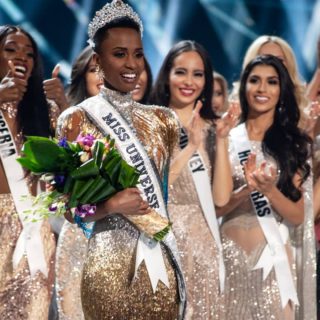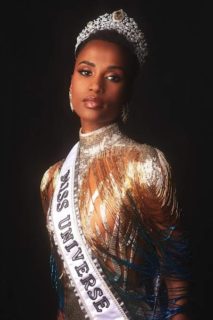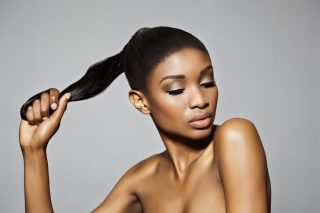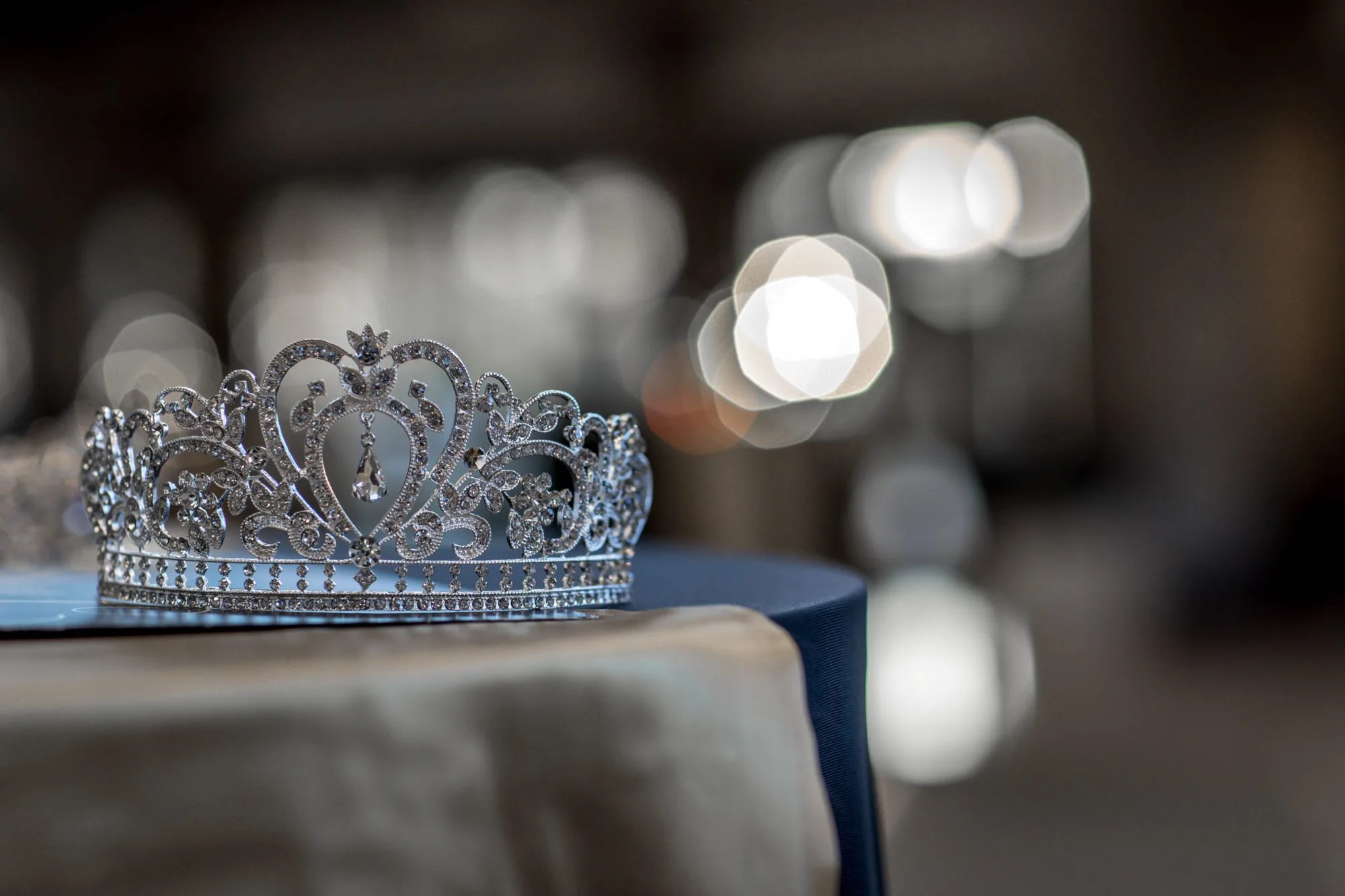It would be hard not to discuss South Africa’s Zozibini Tunzi’s Miss Universe crowning. Now while everyone has their own opinions about beauty pageants, Zozibini’s win is quite important. In fact, it’s a monumental step in regards to the issue of representation worldwide. For one, Zozibini’s win makes her the first black woman to win the Miss Universe crown in 8 years. In 2011, Angola’s Leila Lopes took the crown.
In fact, for the first time in history, all the crowns in the five major beauty pageants are each held by black women. This includes Miss Universe, Miss USA, Miss Teen USA, Miss America, and Miss World.
The impact of beauty pageants

Miss Universe Zozibini Tunzi Takes Her First Walk
Picture:Reuters
According to a 2013 research paper published in Eating and Weight Disorders – Studies on Anorexia, Bulimia and Obesity, beauty pageants have been found to have a negative impact on pageant contestants. Many were reportedly battling some form of an eating disorder from the age of 16. Additionally, almost half were also battling with the desire to thinner, and they were also battling with their self-esteem.
What’s more, it’s not just the contestants that beauty pageants can have a profound impact on. Beauty pageants may often set the standard for what society considers attractive. As such, numerous women often turn to cosmetic procedures. In fact, according to a report by the American Academy of Plastic and Reconstructive Surgery, consumers are more obsessed than ever with their appearance that there has now been a significant increase in the number of requests for celebrity procedures. Coupled with the pressure that comes with social media, and the media’s constant praises to celebrities and their appearance, it’s no wonder that so many women are doing their best to emulate the features of the women they see on television.
That said, this troubling issue signifies the importance of Zozibini’s important win.
Zozibini’s crown signifies a new dawn
Throughout the competition, Zozibini impressed many people, who praised her poise as well as her intellect throughout the competition. During the question and answer segment, Zozibini won much praise for her answer. This is because she highlighted the importance of teaching leadership to young women.
“[Leadership] is something that’s been lacking in young women and girls for a very long time, not because we don’t want to [lead], but because of what society has labeled women to be,” said Tunzi. “I think we are the most powerful beings in the world and that we should be given every opportunity and that is what we should be teaching these young girls—to take up space. Nothing is as important as taking up space in society and cementing yourself.”

Instagram: @zozitunzi
Unfortunately, we continue to live in a society that is patriarchal at best. It’s a society that teaches women from a young age to assume supportive roles to men. As such, young girls often learn early in life to be submissive and to conform to society. In fact, research published in the Journal of Human Ecology found that the role of patriarchy not only prevented women from advancing educationally but also controlled them in regards to the reproductive process, as it prevented them from using contraceptives.
Zozibini’s confidence is also something that female consumers can look up to and adopt, especially since a piece from Harvard Business School highlighted gender stereotypes can prevent women from reaching their full potential due to a lack of self-confidence.
Zozibini and breaking hair boundaries
Zozibini chose to sport a chic, cropped, textured cut. It’s not an uncommon hairstyle for black women everywhere, but it’s definitely uncommon within the pageant world. Zozibini chose to show off her natural hair. In doing so, she took a stand against antiquated beauty standards, especially those placed on black women.
“This hair can be beautiful, too, because it’s how I was born to look. I did get pressured, too, but I didn’t want to fall under that pressure. I wanted to look like this 100%,” Tunzi shared to Good Morning America.
Unfortunately, black women are often lambasted for the way in which they choose to wear their hair. In fact, the discrimination that black women regularly face as a result of the way they choose to wear their hair has become such a problem that the states of New York and California each had to pass a law banning any discrimination based on natural hairstyles, such as braids, bantu knots, twists and locs.

“I grew up in a world where a woman who looks like me—with my kind of skin and my kind of hair—was never considered to be beautiful,” Tunzi shared during her closing address. “I think it is time that stops today. And I want children to look at me and see my face. And I want them to see their faces reflected in mine.”
Gorgeous, articulate, and intelligent, Zozibini’s win isn’t just a win for the nation of South Africa. Rather, it’s a win for every woman, especially a black woman, who has been told what she can and cannot be.
References
Mudau, Tshinanne & Obadire, Olusegun. (2017). The Role of Patriarchy in Family Settings and its Implications to Girls and Women in South Africa. Journal of Human Ecology. 58. 67-72. 10.1080/09709274.2017.1305614.
Thompson, Sharon & Hammond, K. (2003). Beauty is as beauty does: Body image and self-esteem of pageant contestants. Eating and weight disorders : EWD. 8. 231-7. 10.1007/BF03325019.



![women [longevity live]](https://longevitylive.com/wp-content/uploads/2020/01/photo-of-women-walking-down-the-street-1116984-100x100.jpg)










